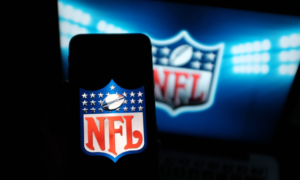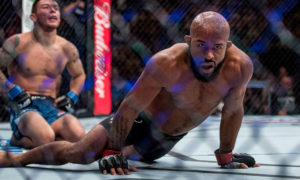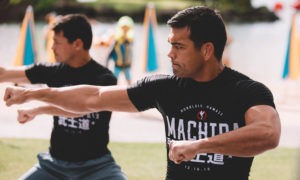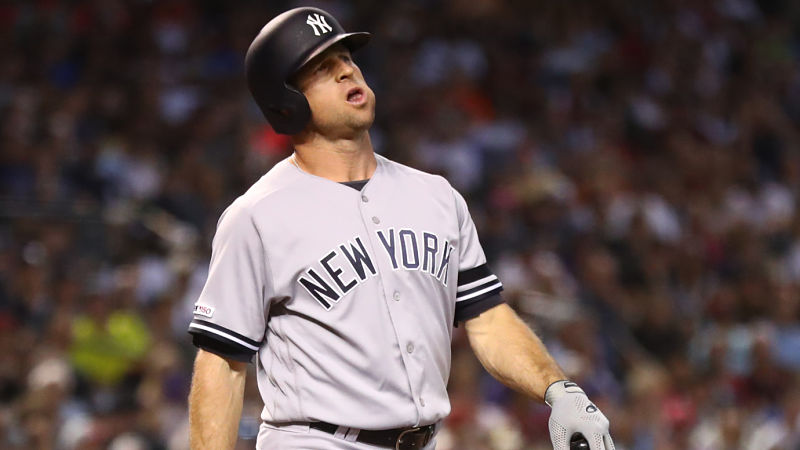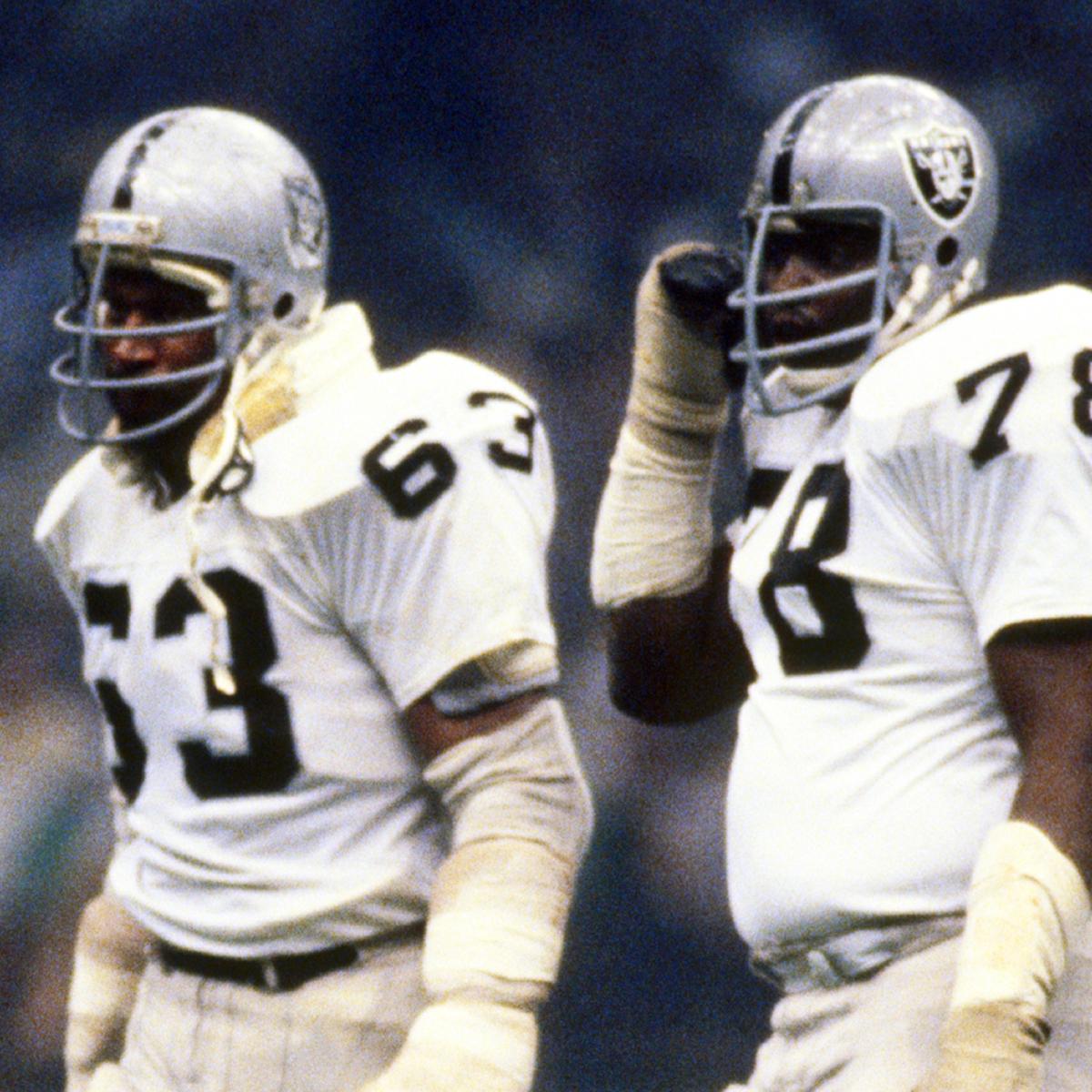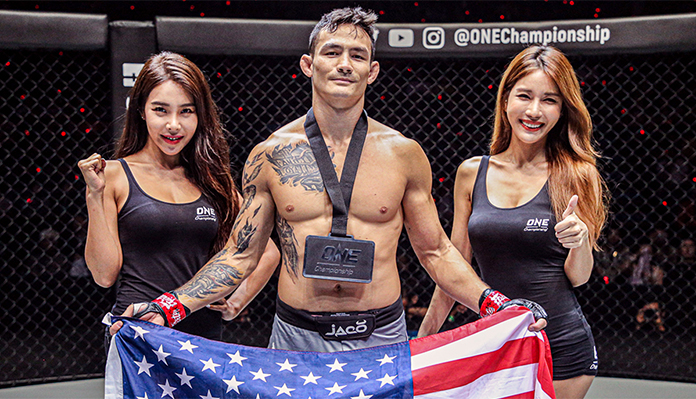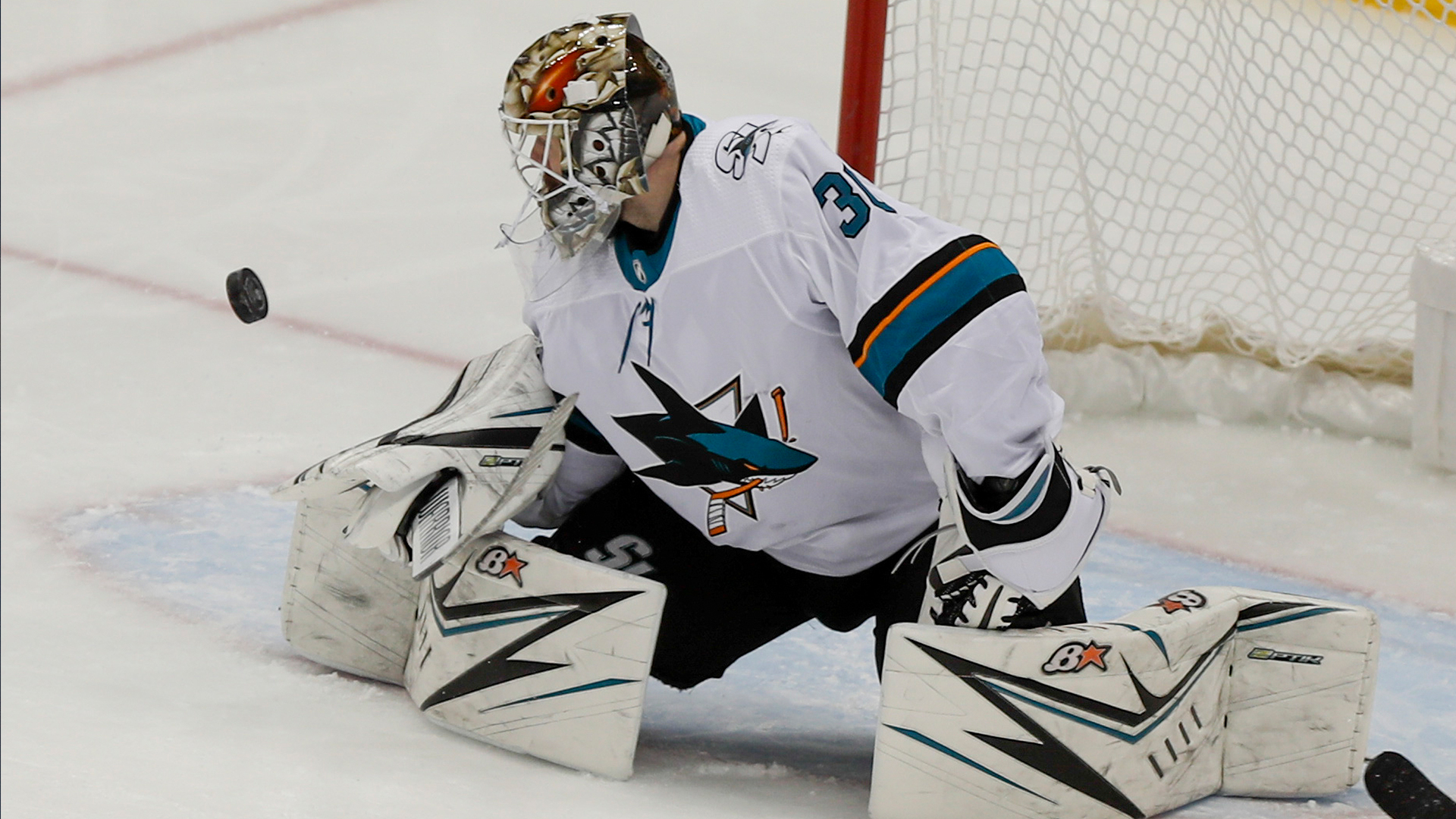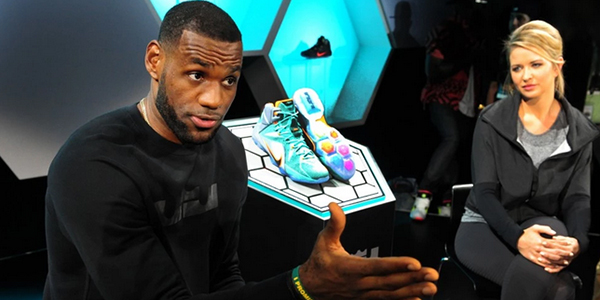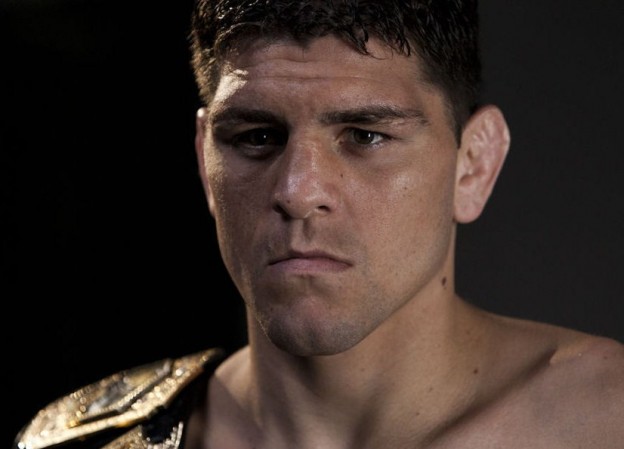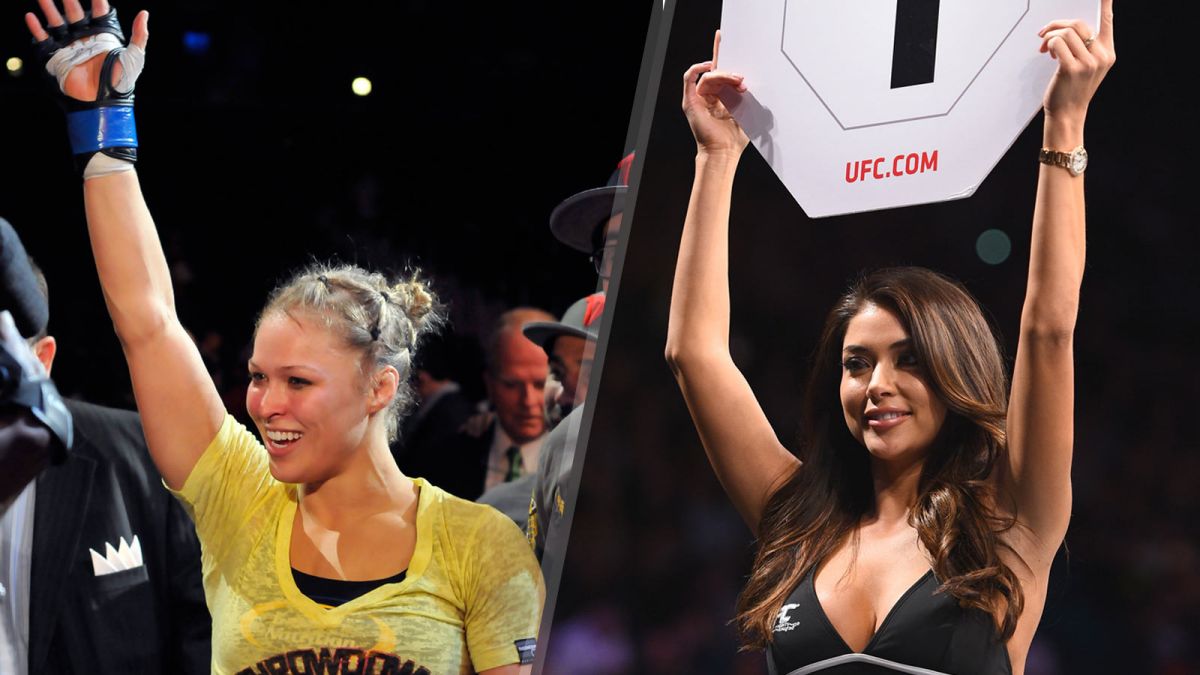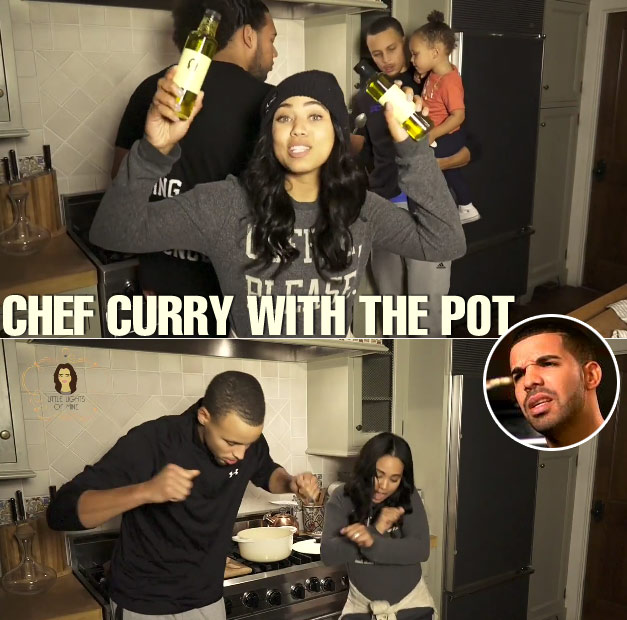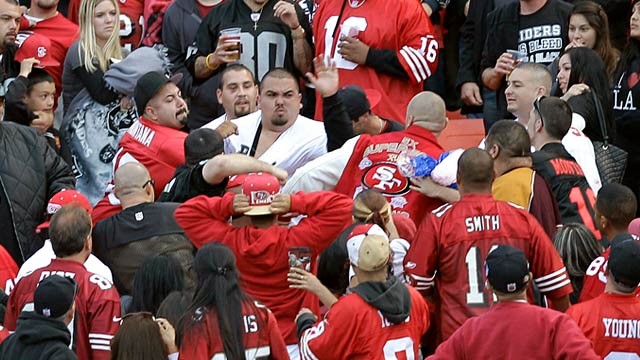Former NBA general manager Billy King is helping five contestants on NBA TV’s “GM School” learn what it takes to run a team. King discussed what to expect in the show’s season finale, how the job has changed over the years, his thoughts on the Brooklyn Nets hiring Steve Nash and Philadelphia 76ers hiring Doc Rivers, and the possibility of working for a front office again in an interview with HoopsHype.
As one of the “GM School” judges on NBA TV, do you think any of the five contestants have a realistic shot at working in the league?
King: I think so. Looking at not only their knowledge of the stats and the game, but I think they all have different personalities that they bring to the table. The biggest challenge for them is just getting in the door.
Do any of them stick out to you as we head into the finale on Thursday, October 15, at 8 PM ET?
King: Yeah. There were a couple that really stuck out. I don’t want to tip it away for the finale. It made it a tough decision picking a winner.
The contestants previously did some mock drafts and answered CBA questions. What can we expect for the finale?
King: The one thing is you’ll see they’re nervous, and their passion comes across. When you get down to the final two, you realize the passion they had going into it. What impressed me the most was how they improved every segment to get to that point.
The show focused a lot on analytics in today’s NBA and how to apply those stats. How has the GM role changed from when you worked with the 76ers and Nets?
King: The big thing is it changed dramatically from when I first got to Philadelphia in 1997. There were stats, but they weren’t as advanced. I think back to NBA.com, and it was just basic stats. To what SAP has done now with the stats, you can get anything you want to help you make decisions. To me, there’s a lot more information you can have as a GM. What I tried to get across to the contestants was you’ve got to use all that information as a tool. It can’t be your main driver, but you’ve got to use it and take all the information, whether it’s medical or different analytics or video, take all that information and have a staff to help you take all that information and digest it. A lot of it is managing a staff more along with managing the personalities of the players. You’re not just going to dive into one area, and that’s what you’ll focus on. You’ve got to manage your staff to be able to use all the data that you’re going to get.
The contestants addressed how they built their rosters. Some built younger teams with upside, and others had more veterans. Did you share your philosophies on how to build a team?
King: I told them that, one, you’ve got to figure out your coach. Then, you’ve got to build a team that fits that coach. It’s like a chef. You don’t hire a great chef, and then he says I need these ingredients, and you say, ‘I’m only getting two of them. Make that same dish.’ I think you’ve got to figure out who your coach is and then build your team accordingly. I don’t think there’s one way to build a team. I think you’ve got to look to see what your assets are. Is it draft picks? Do you have a lot of draft picks? You may want to go young and build through the draft. Or, you may want to take those picks and trade. I think there’s no one way. If you look at the champions, the Lakers, they built through free agency, trades, and a little bit of the draft. If you look at Miami, they built a lot of it through the draft, and then they added Jimmy Butler. You can’t lock in and say you’re going to do it one way. You’ve got to be able to adapt and build it according to what your assets are and who your coach is.
There’s so much talk about analytics, but is chemistry or the eye test a lost art now in building a team?
King: Not to teams that win. I think the teams that win understand that. Everybody uses analytics. Some people talk about it more, but everybody is using that to base it on drafting a guy or signing a free agent and looking to see if they can make a three, are they good at defending, and what are their defensive rebounding percentages? Then, as you go about it, the chemistry part is what puts you over the hump. Miami wasn’t the most talented team, but I think they were one of the better chemistry teams. I thought the Lakers’ chemistry came together in the bubble more or less. They struggled at the beginning against Portland because they had pieces that were in and out. You saw other teams that people thought were more talented but didn’t have that chemistry and didn’t make it as far. I do think you’ve got to use analytics data and the medicals, but the chemistry and understanding people is a big part of it as well.
Were there analytics or stats that were more useful than others?
King: I think some translate from college to the pros. To me, when you look at rebounds per minute, it translates. If you’ve got a guy like Dennis Rodman in his heyday, I think got one every 2.5 minutes. That’s a great rebounder. If a guy grabs one every three minutes, he’s a good rebounder. If you have a team that needs rebounding, that’s what you’ve got to go for. You’ve got to look at what guys do per minute because that translates. With shooting, if a guy is a shooter and he has a high percentage, no matter where he plays, he’s going to make it, but you’ve also got to look at is he quick enough, is he tall enough, what’s his release point? Shooting and rebounding, to me, definitely translates no matter where you play the game.
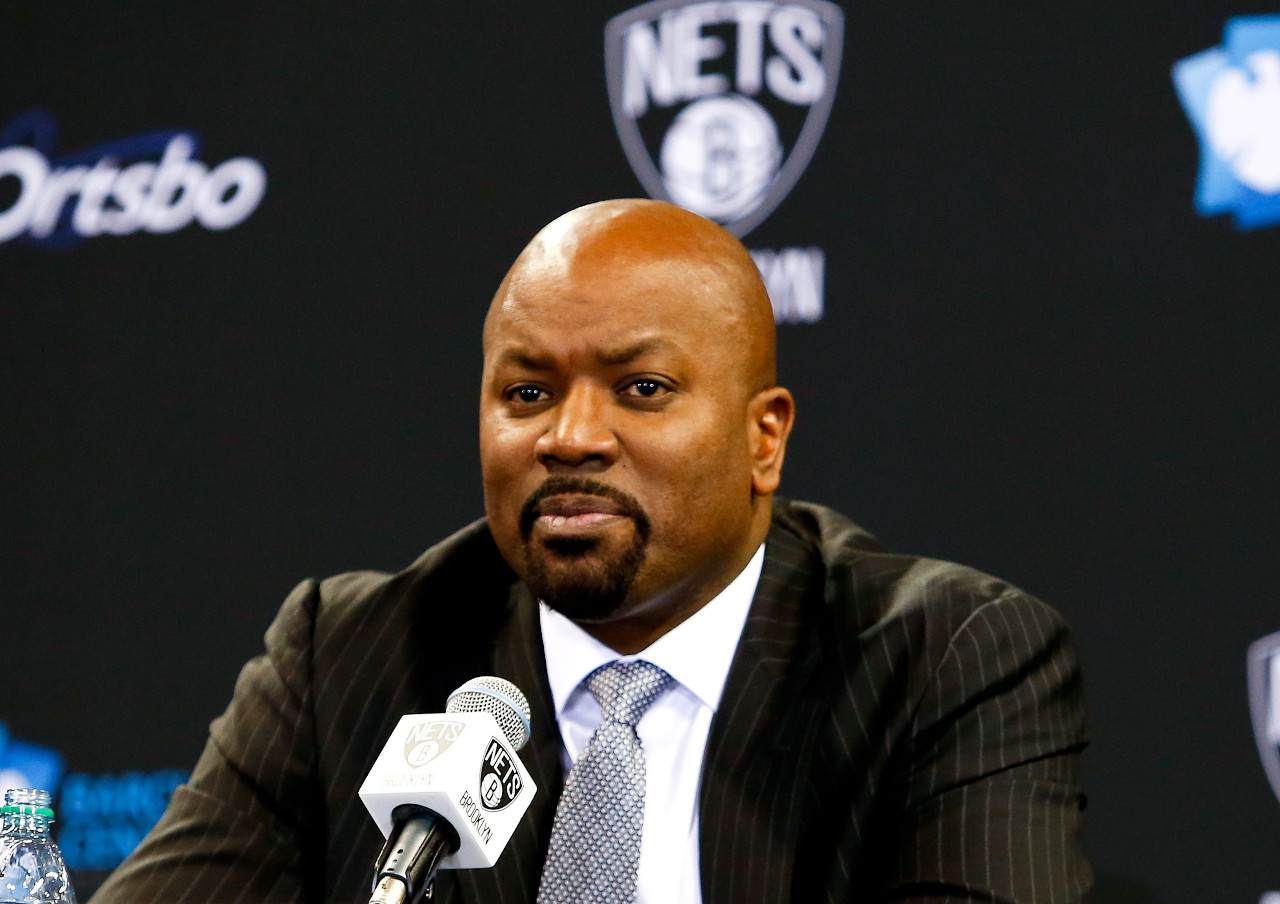
You’re one of the judges with Wes Wilcox, who will go to Sacramento as an assistant GM. Did working with the contestants make you want to work in a front office again, and were you close at any point to returning to the league?
King: I’d love to get back in. It’s something that when you’re away from it, you have a chance to reflect on your mistakes, and so you say if I get back in, whether it’s as an assistant GM or as a GM, I would do things a little differently. I’m anxious to get back in. I told the contestants, if I get a job tomorrow, I’d call one or two of you right away because I’d want you on my staff just because I thought their energy level, knowledge, and composure was so impressive.
You said you build a team around a coach. We’ve seen a lot of coaching turnover thus far in the offseason. The Nets hired Steve Nash as a coach. What are your thoughts on Steve Nash working with guys like Kyrie Irving and Kevin Durant?
King: Personally, I think he’s great. Personality-wise, his demeanor, composure, and knowledge of the game, he has that. The biggest challenge for him is going to be taking that and being a coach because it’s different because you can’t play. The best advice someone gave me was when I started as a college coach when I was 23 and two years removed from Duke. The AD said to be a good coach, you can’t expect every player to have the same drive, desire, and demeanor that you had as a player. If you can figure that out and understand that, you’ll be a good coach. That’s what Steve has to understand. Not every player is going to approach the game like Nash did. Not every player on the team is going to have his knowledge. He has to understand that and teach them to become better at what they’re not good at. I think Steve will be good at the job because it’s something that he prides himself on. I don’t think Steve has an ego. He’ll step into it understanding it’s not just about Nash, it’s about the Nets and putting the guys in a position to be successful. I think he’ll listen to them, but at times he’ll say, ‘Look, I heard you, but we’re going to do it my way.’
You hired Jason Kidd, who also made a similar transition from the court to coaching. Do you see any similarities in the situation or the two guys personally making the transition?
King: I think the situation is very similar because there are high expectations. Both teams had high expectations. When we hired Jason, we hadn’t done what we did to make the trade, but there were high expectations. I think they both were great players. The difference is Steve is going to have guys there in their prime, Kevin Durant and Kyrie Irving. I think Sean Marks will probably help Steve a little better than I did with Jason. I probably should’ve spent more time with Jason at the beginning in putting the staff together and building a staff. That’s probably where I think Sean will do a better job than I did.
One of your other former teams, the 76ers, hired Doc Rivers. What do you foresee for Doc in Philadelphia?
King: I think Doc is coming in with credentials. He won a championship. He’s won almost 60 percent of his games as a coach in the NBA. None of the guys on this team have won a championship, so they will have to listen to Doc. It’s at a point now where Brett Brown lost his job, so now it can’t be Doc’s fault if they don’t win. It’s going to be now a little bit of the pressure falls on the players. It’s their responsibility. I think Doc is going to challenge them, and they’ll be receptive to learning because he’s coached some of the best players. He’s coached Hall of Famers in Kevin Garnett, Ray Allen, Paul Pierce, Kawhi Leonard. If they want to get to that level, they’ve got a great guy with a blueprint to show them.
What would you do with Philadelphia’s roster?
King: I would sit down with Doc and get his thoughts because he’s obviously seen them play. Then, you’ve got to look to tinker a little bit. I wouldn’t trade Ben Simmons or Joel Embiid to start because they’re two young talents. Now, if Doc says this guy I won’t be able to coach, then you have to explore it. You’ve got to look at Al Horford and if there’s a possibility of a trade there. They need more guys that can create off the dribble. You saw it in the playoffs when Ben wasn’t there. They don’t have a lot of guys that can create shots for other guys. I think they need more guys that can create shots or at least put the ball on the floor to take pressure off guys and get them easier shots.
After the show’s finale, what’s next for you? Are you consulting with any teams?
King: I’ve talked to a few teams, and I’m going to continue to talk to them. I’ve talked to the league with Adam Silver about some ideas I have in how I can assist them. I co-host a radio show here in Philadelphia once a week. My goal is to try to get back in the league and help. I feel that I’ve been blessed to be around Donnie Walsh, Larry Brown, Rod Thorn, and different guys in the league. I’d like to continue to give what I’ve learned from different people to help. I know I can help a team. That’s my goal to get back in some capacity.
Since that’s your goal, do you have a sales pitch to how you can help a team and what things differently you’d do?
King: The one thing is I think I would have a bigger staff and I’d rely on my staff more to do more. My best asset is with the draft. I think, in Philadelphia and Brooklyn, I was blessed with a good staff, where we drafted guys in the second round that ended up being pretty good players, and some of the guys I drafted are still playing. That’s where I think I’m at my best in the draft. If I can get back in with the draft, or even running a team, I’d focus on really having a deep bench. I’d try to put as many experienced people around me, so when we’re making decisions, we’re doing the best we can with the experience that we have. Not a knock on anything from Brooklyn, but I just don’t think I did a good job of building out an experienced staff to help us along the way as we made these decisions. In Philadelphia, that’s what I had with Kevin O’Connor, Tony DiLeo, Courtney Witte, I had experienced people.
You can follow Michael Scotto on Twitter: @MikeAScotto
——————-

